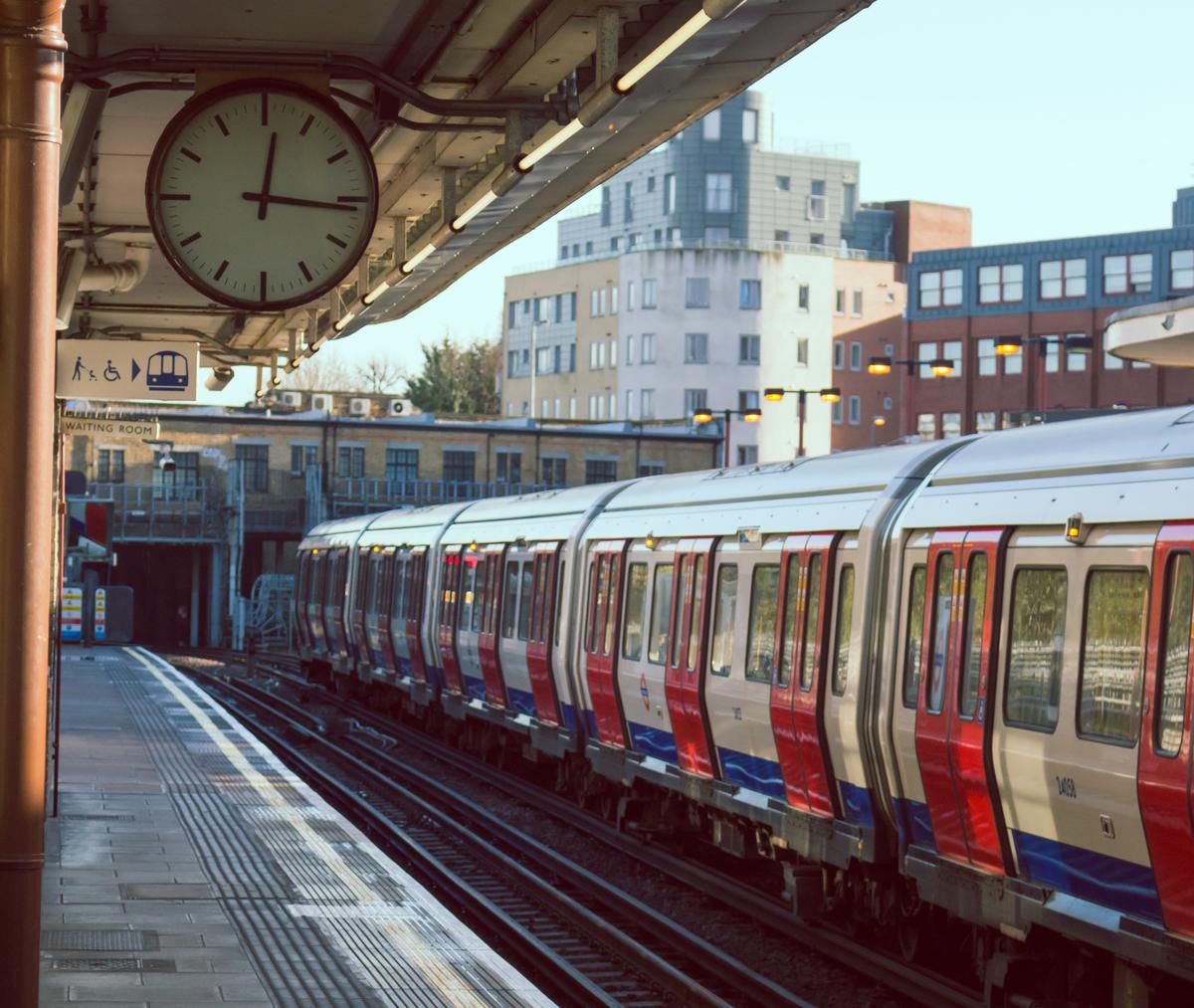Mental Health Awareness Week 2023: How public transport affects disabled people's mental health

In light of Mental Health Awareness Week, we want to shed some light on how people's mental health is affected by their experiences with public transport.
This is the first in a series of four blogs that aim to raise awareness about the mental health of people we support across our campaigning work.
According to a survey by SCOPE:
- 8 out of 10 disabled people feel stressed or anxious when they travel.
- Over half reported this is the case most or every time they make a journey (Travel Fair, 2019).
Railway stations
The most common problem for disabled passengers was with step-free access, such as lifts and ramps.
-
Only 1/5 of the rail stations in Great Britain have step-free access to all platforms. (House of Commons, 2022).
Recent research by Leonard Cheshire showed that the inaccessibility of train stations has a negative impact on disabled peoples' mental health and prevents them from participating fully in society.
- 22% of disabled people felt isolated by inaccessible transport
- 18% were unable to keep active
- 15% were unable to go out with family or friends (Leonard Cheshire, 2020)
Why is this important to us?
Many train stations near our services remain entirely inaccessible to disabled people, meaning that public transportation is often not an option for them. We joined campaigner Nathaniel Yates in his efforts to influence change and make train stations across Greater Manchester accessible for all.
What can you do?
You can keep up with our updates by signing up to our campaign emails or via our website.
This is part of a four-blog series for Mental Health Awareness Week. Read Styliana's other blogs here.





